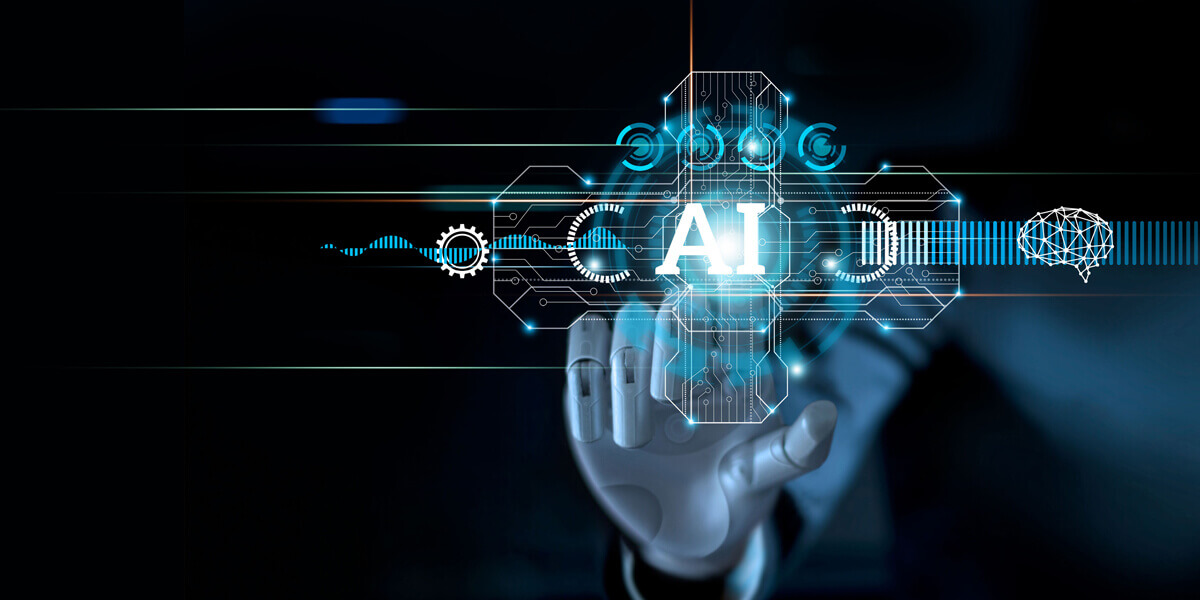1 AI-Powered Medical Diagnostics: Enhancing Accuracy
- AI algorithms, especially deep learning, can analyze medical images like X-rays, MRIs, and CT scans more quickly and accurately than humans.

- Machine learning models can detect early-stage diseases like cancer and diabetic retinopathy by identifying patterns invisible to the naked eye.
- AI in diagnostic tools reduces human error, leading to more precise medical decisions and quicker patient recovery.
- Combining AI diagnostics with traditional methods can result in a higher accuracy rate for detecting conditions, often surpassing human experts.
- Real-time diagnostic assistance helps in emergency situations, where quick decisions can be the difference between life and death.
2 AI in Personalized Medicine: Tailoring Treatments
- AI can analyze genetic data and patient history to suggest personalized treatment plans, optimizing for individual health needs.

image by softech
- Machine learning models predict patient responses to specific drugs, reducing trial-and-error medication prescriptions.
- AI helps identify rare genetic mutations and their effects, allowing for treatments tailored to rare conditions.
- With AI, doctors can identify trends in patient recovery and adjust treatments dynamically, improving long-term outcomes.
- Personalization of treatment not only improves effectiveness but also reduces healthcare costs by eliminating unnecessary procedures.
3 Robotic Surgery and AI-Assisted Procedures
- Robots equipped with AI assist surgeons in performing minimally invasive procedures with greater precision and control.

- AI can predict potential surgical complications based on real-time data and past patient records, guiding the surgeon.
- Robotic surgery reduces human fatigue and error, improving the success rate of complex procedures.
- AI-driven robots allow for remote surgeries, where doctors can operate on patients in distant locations, improving accessibility.

- Data collected during surgeries can be analyzed later to improve future surgical outcomes and refine AI algorithms.
4 AI in Patient Management and Administrative Efficiency
- AI-based systems help in managing patient appointments, reducing wait times and improving workflow for medical staff.

- NLP systems can summarize patient records and suggest treatment plans based on symptoms and past treatments.
- AI automates administrative tasks such as billing and insurance claims, improving accuracy and speed.
- Chatbots powered by AI help answer patient inquiries, providing instant support for scheduling and general medical questions.
- AI systems ensure data security in patient management systems, minimizing the risk of human error in handling sensitive health records.




Comments
Leave a Comment